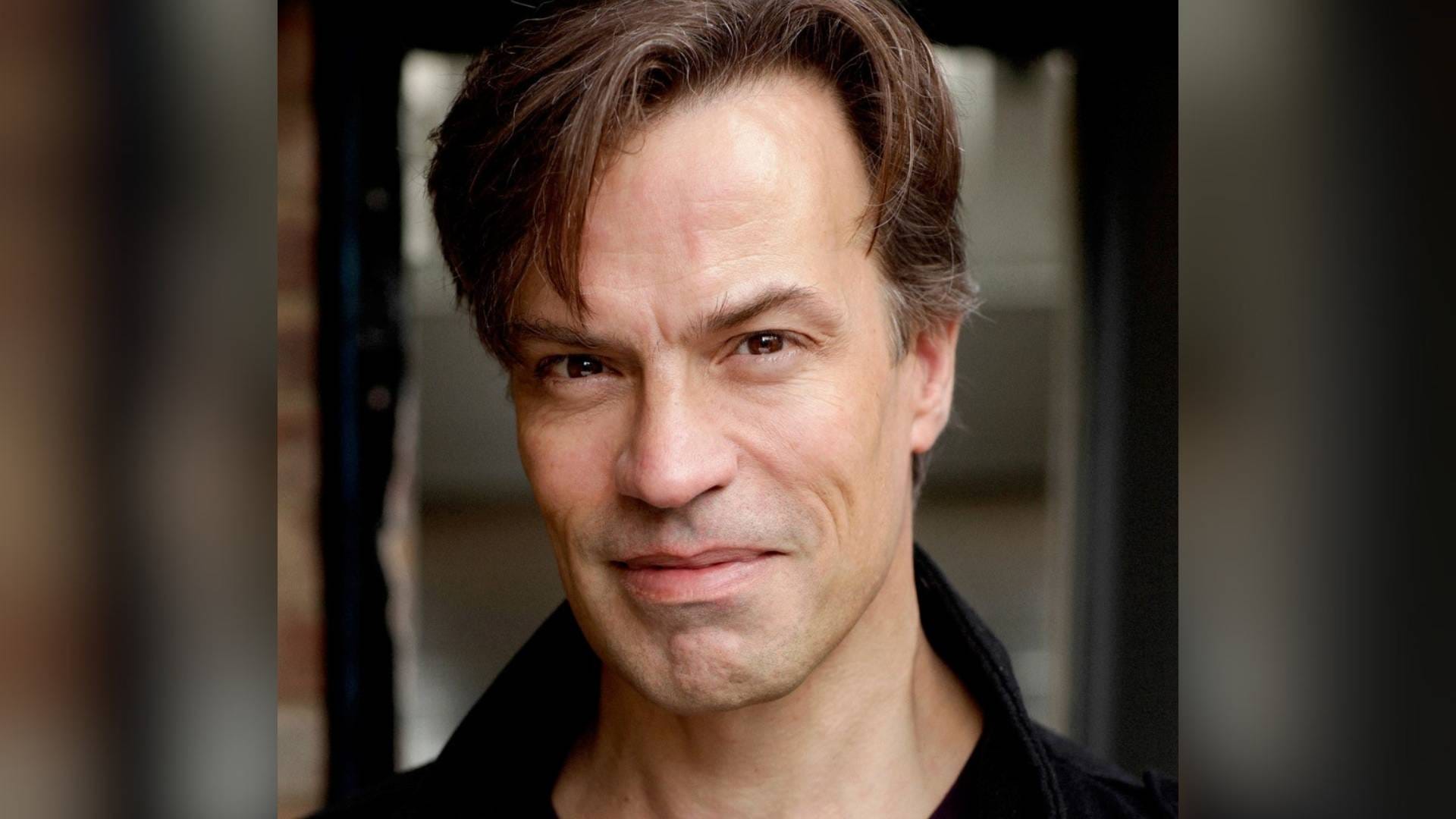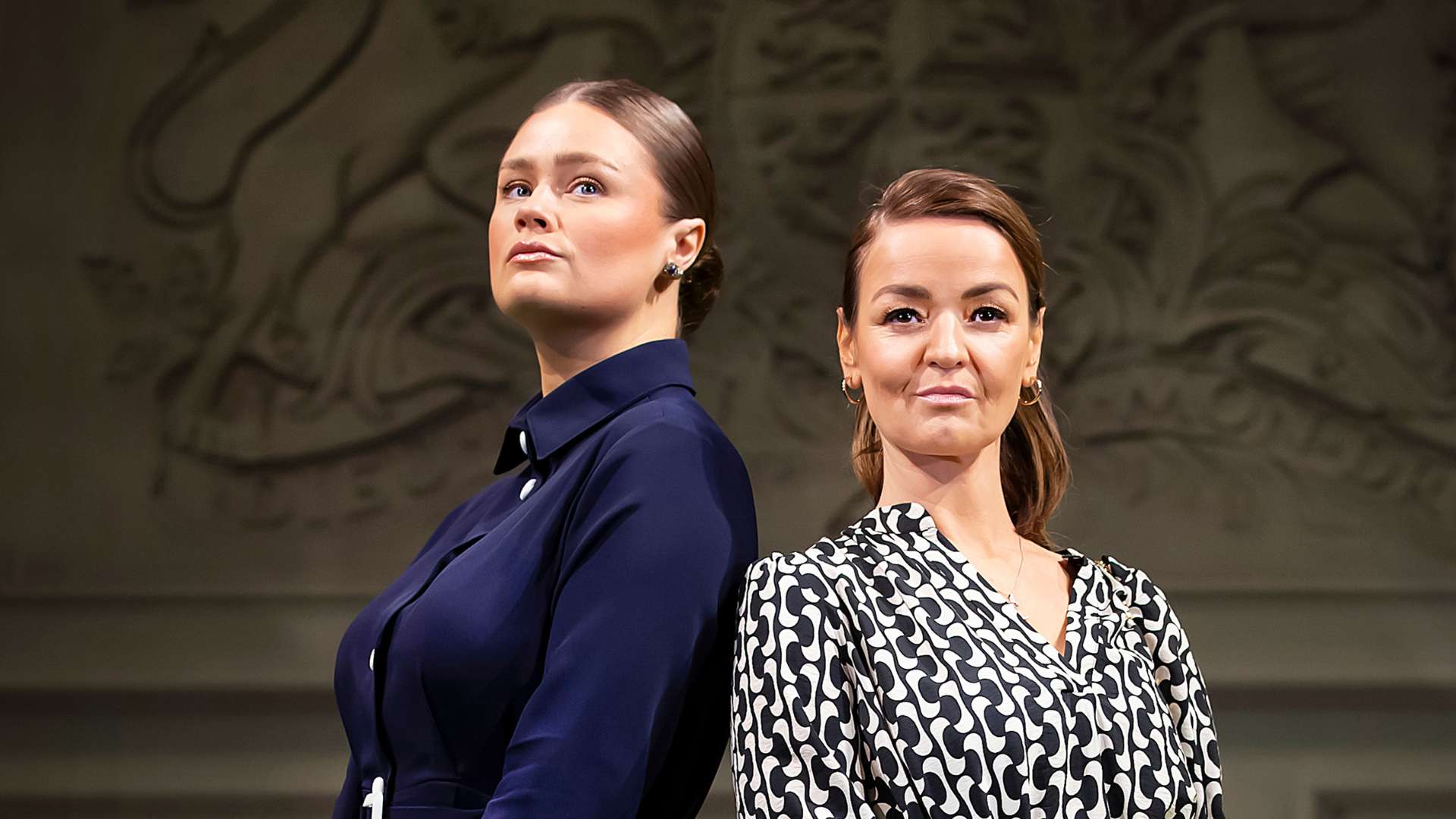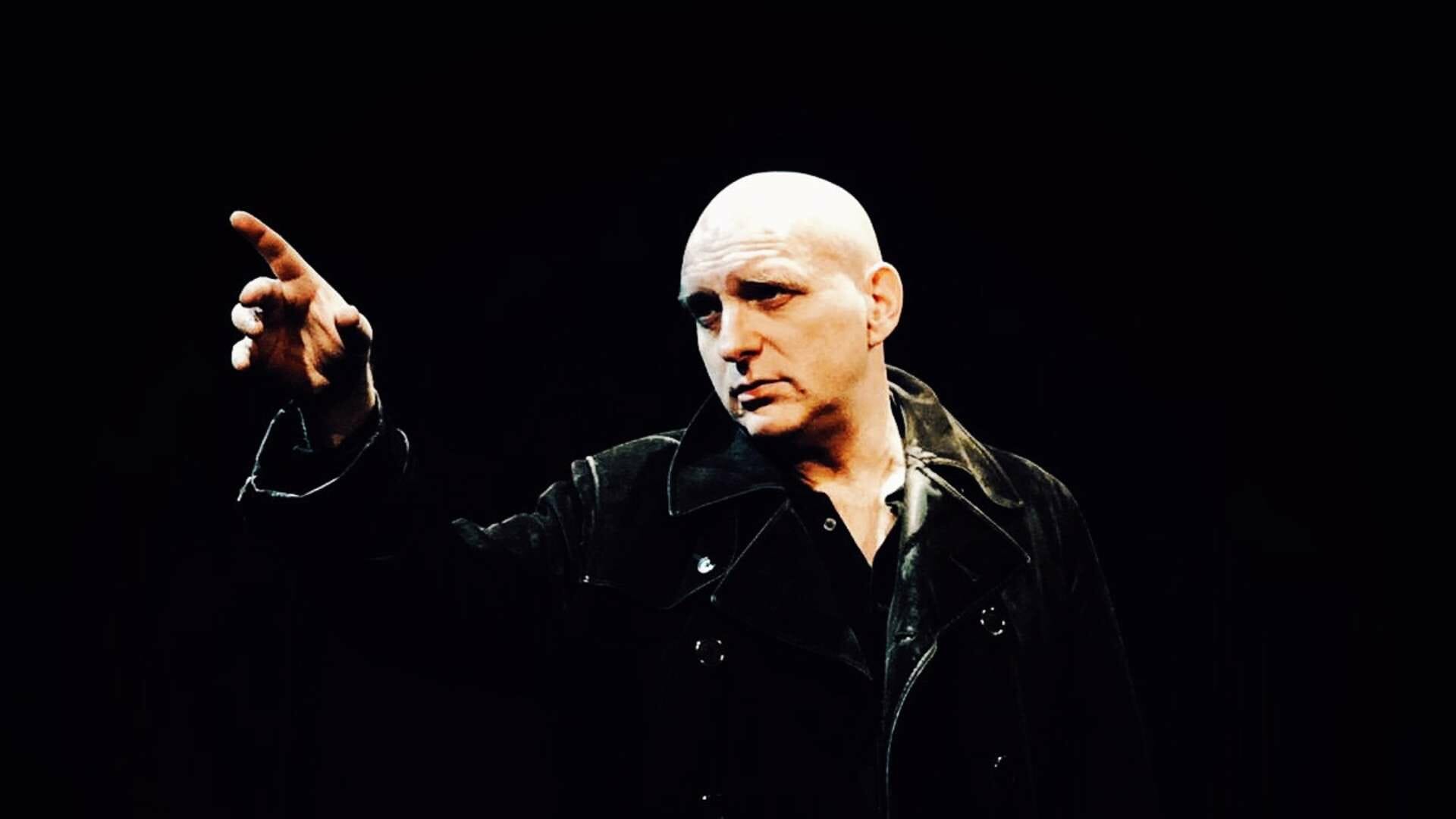 A deluge of literary language runs itself dry in Body 115, a laboured exploration of love, London and poetry now playing at the Hope Theatre.
A deluge of literary language runs itself dry in Body 115, a laboured exploration of love, London and poetry now playing at the Hope Theatre.
Taking inspiration from Dante’s descent into the underworld in search of his beloved, Jan Noble’s one-person ‘verse-drama’ pulls us into a visceral world of elemental journeys and poetic exploration.
Under Justin Butcher’s rhythmical direction, Noble’s gracefully embodied performance takes us through the subterranean world of London’s tunnels, on a guided tour of England’s literary heritage, and across the war-torn, windswept and wistful landscapes of Europe.
We are at once thrust into torrential rain, charred through burning city infrastructure, and passed across the rivers of death. Noble’s character, both a poet and possibly the unidentified victim of the 1987 King’s Cross fire, is looking for love, but what he finds instead is language. Words drip from his tongue in heady splashes, though frequently his quest gets bogged down in the writing’s overwhelming style.
The poetry inherent in Body 115 is pointedly sensual, and Noble’s delivery realises the textual nature of the narrative in a way that can at times lapse into mesmerising. However, without a clear story to hang upon, the emotion gets lost in the mire, and it is difficult to fully enter the world of the play.
Heavy leaning on repetitious devices flushes out meaning, and it is frequently unclear where we are or what we are meant to feel. As many aspects of the character’s journey are left blank, we are instead subjected to a series of highly purple passages that provide little shape to grasp, and overwhelm with aspirations to a higher mindedness that never quite pay off.
Keats, Shelley and Marlowe all make an appearance, though the piece takes a somewhat myopic, patriarchal and hero-worshipping view of what the canon consists of. Gertrude Stein gets a mention, but even she is reduced to a diminishing pet name, ‘Gerty’. These name-drops feel unnecessary, and generally make little of their referents’ work, ideas or legacy.
For a piece that describes itself as ‘a rhapsodic paean to the trammelling ecstasy of loss’, it’s not clear what is being said here, resulting in an experience that feels both slow and indulgent. It’s not particularly accessible, nor does it engage with its subject matter in a substantive or thought-provoking way.
Body 115 is a deeply floral barrage of words that might appeal to those wishing to bask in the glow of literary excess. However, it distinctly lacks the meat of story, and fails to realise the emotional potential of its grand and poetic inspirations.

















